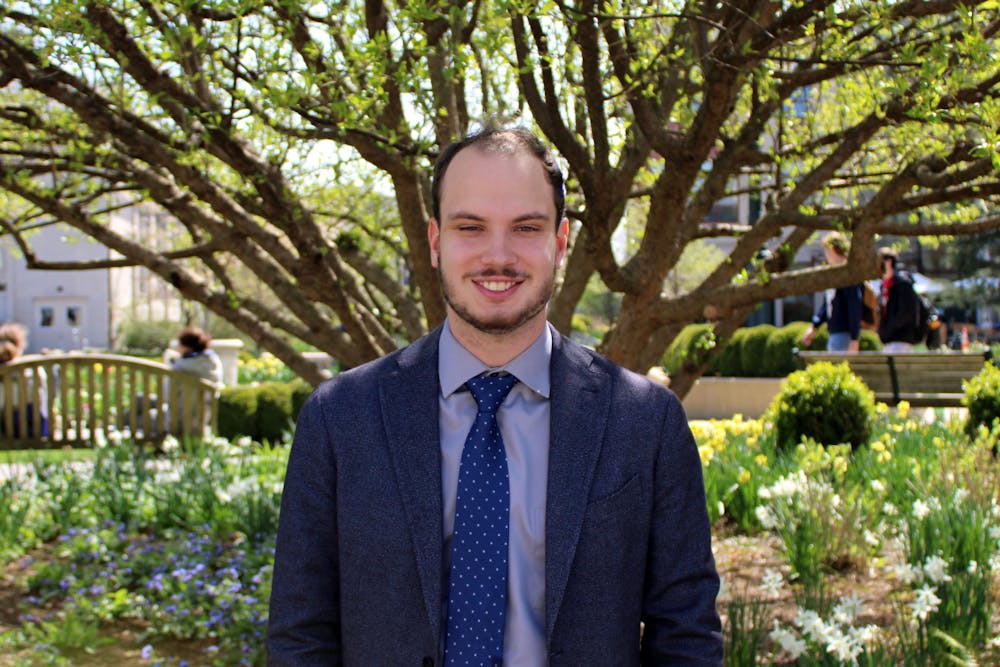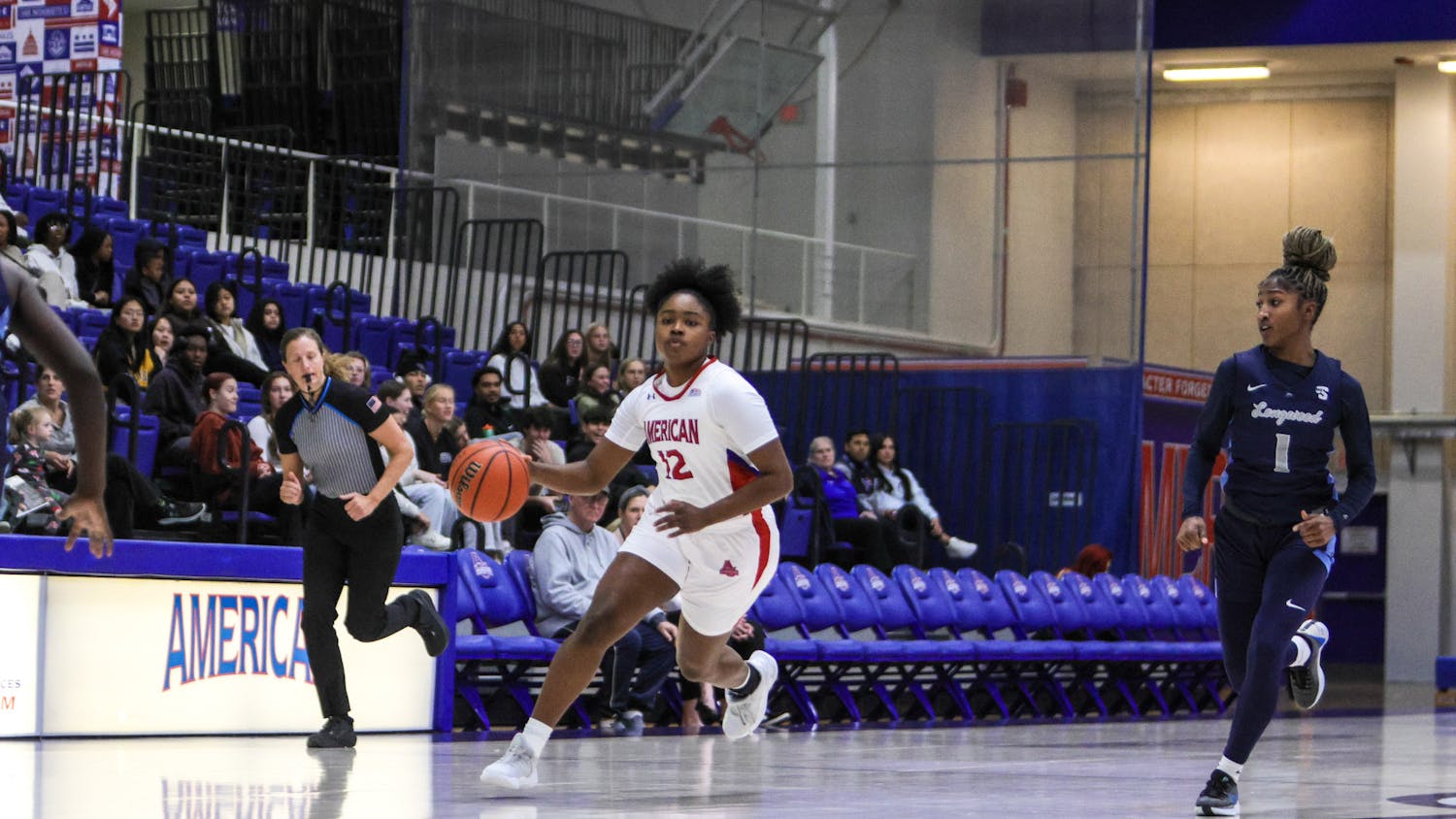Books assigned as in-class readings in elementary, middle and high school curriculums represent the first step in a student’s journey toward future academic and professional careers. From second grade to senior year, and from Dr. Suess to Dostoyevsky, reading is integral to learning and academic progress. For decades, access to a wide range of fictional novels and historical works were a formative cornerstone of American schooling.
Yet this cornerstone is crumbling across the nation, and Florida Gov. Ron DeSantis is one of the primary architects of its destruction. As Floridian educational institutions from elementary schools to colleges face new challenges to their academic independence, students across the nation must come to their defense.
DeSantis’ educational policies are no stranger to controversy. Previous policies including the ‘Don’t Say Gay’ bill, which forbade any mention of LGBTQ+ individuals and identities to students before third grade, stigmatized students, faculty and families. The most recent policies, such as the ‘STOP WOKE’ Act and the forced retooling of an Advanced Placement African American studies curriculum, double down on this regressive thinking, presenting a clear danger for education in the United States.
This is because these bills provide the Florida Department of Education and school boards with unprecedented power to micromanage curriculums in schools, granting parents a ‘private right of action,’ against teachers, schools and curriculum pieces deemed to be outside the scope of the bill’s new parameters. If parents feel certain language and messaging deemed as associative with critical race theory or violating the ‘Don’t Say Gay’ bill, they can now essentially hold educators hostage. For those that think this is a mischaracterization, read both DeSantis’ press release on the bill and its original text.
Already the effects of this disastrous bill’s implementation, which was unsuccessfully fought by legal scholars and free speech advocates, are being felt. Authorities are already running reviews of school libraries, with teachers’ once diverse and bountiful bookshelves being left empty. Already, teachers are being told by superintendents to err on the side of caution, being forced to decide between keeping their jobs or properly teaching by presenting critical and controversial literature.
Those in support of the legislation may point to the fact that most curriculums will be unchanged, as commonly read books, even ones that have been banned or considered controversial in the past, such as George Orwell’s 1984 or Lorainne Hansberry’s play
A Raisin in the Sun are some of the 350 books approved for education in large Florida districts. However, the notion that a state can have a unilateral say on books and teaching choices, particularly when it comes to teaching difficult and painful subjects in our history, is ridiculous and draconian. It holds teachers hostage and students back, and, if left unchecked, it will destroy the foundations of collegiate academic freedom. It will also hurt students.
Many college students depend on AP courses, which can help save time and money by allowing high schoolers to receive college credit. In some cases, specific AP courses can also help provide students with unique opportunities to explore possible careers or research areas. Both cases were true for me, and for that I am very grateful and privileged.
However, DeSantis and his administrators not only forced a potential AP African American Studies course to remove any mention of LGBTQ+ Black history, but also of Black feminism and intersectionality in general. These lessons, despite DeSantis’ claims, are an objective aspect of history. They are present across AU, from the AUx2 curriculum to the lives, identities and work of so many of our students, faculty and staff. They are lessons allowing students to question, think and engage with their nation’s history critically. They are stories that deserve to be told.
Yet, if academia is not vigilant, they may never be told. Already, DeSantis is considering a piece of legislation that would bolster the ‘STOP WOKE’ Act, expanding it to public universities. In addition to an unprecedented move of limiting higher education’s curricula, the new Florida proposal H.B. 999 would review and potentially eliminate certain majors that violate its new regulations.
Worse yet, DeSantis and his cronies are implementing the doctrine of this bill, despite it not yet being law. The governor has already acted in an unprecedented fashion by forcibly removing the diversity, equity and inclusion board at the New College of Florida, a private institution.
As a student at a private college that values DEI principles, this news scares me and it should scare you too.
Thanks to DeSantis and other bad-faith political actors, students across the country could soon find their educational futures on the precipice of an event horizon. For those unfamiliar, the event horizon is the final boundary of a black hole, after which not even light can escape. If policies seen in Florida and other states are any indication, American education policy is moving dangerously towards a less diverse, less academic space. That is a direct assault on the American value of a robust, free and diverse academic structure, and it must be checked.
However, academia’s stakeholders, including educators, students and rational members of school boards, have yet to unify against it. That must change; the children directed by these policies deserve better from us.
I implore all students, professors and administrators, at AU and at schools across the nation, to condemn this bill. Furthermore, efforts to aid students affected by legislation such as Florida’s with books, research and guest speakers must be supported by us here at American University.
We must stand firm at this event horizon, protecting marginalized voices in academia, protecting teachers, protecting books, or we risk falling into the black hole of state-sponsored ignorance and narrow-mindedness, from which tragically few escape.
PJ Cunningham is a junior in The School of Public Affairs and a columnist for The Eagle.
This article was edited by Jelinda Montes, Alexis Bernstein and Nina Heller. Copy editing done by Isabelle Kravis, Leta Lattin, Natasha LaChac and Sarah Clayton.





